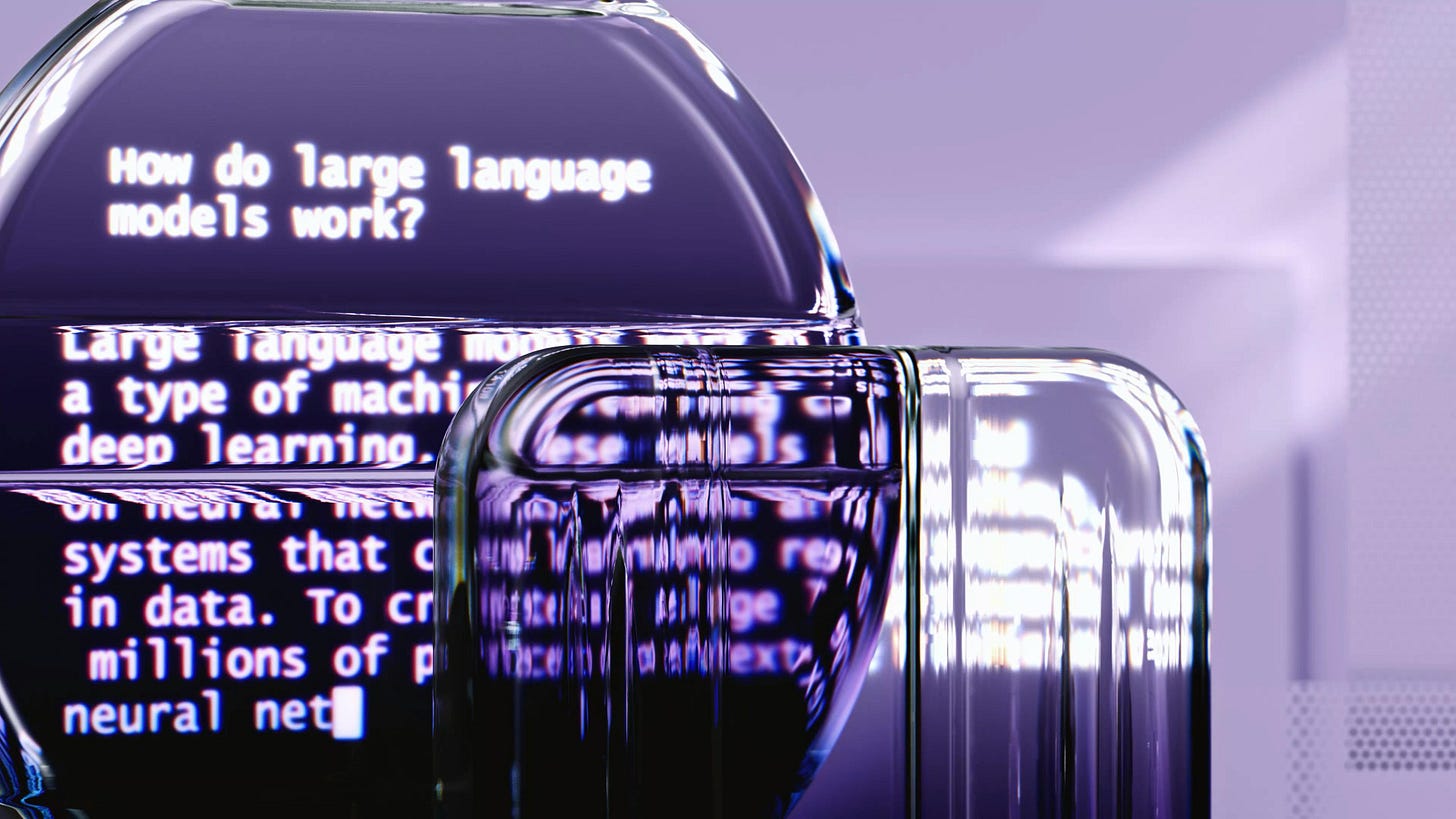A Generative AI monopoly could redefine reality
The dangers of market dominance in the battle for the best AI model.

AI is this generation’s space race, which means everyone’s looking for the big winner.
And that’s what concerns me.
Incomprehensible fortunes will be made. But billionaires’ interest in winning the AI race probably has less to do with piling up more cash and more to do with controlling the way we consume information. In a word, influence. In another, reality.
Owning the Washington Post or even a network of major news outlets will seem like a pittance compared to the influence wielded by the owner of a dominant generative AI model. A traditional media outlet, no matter how powerful, has clear limits to its reach — its editorial stance is clear, and its audience is inherently siloed.
The opportunity and incentive for manipulation is staggering.
But instead of crafting a single headline or editorial for millions to read, an AI model can deliver custom-tailored narratives to billions of individuals. This creates an illusion of objectivity while reinforcing specific views (of the user or the AI’s owner), making it nearly impossible to identify the bias embedded in the outputs.
If one generative AI dominates the market, like say Google dominates search, whoever owns that AI will have unprecedented power over the way we find information.
It’s already becoming harder to find quality articles or resources via traditional search.
Content marketers and SEO experts have gotten their clients to the top of the search results, but those results are less relevant and less helpful to me than ever before, which is why the research firm Gartner predicts search engine traffic will decline by 25% by 2026.
I already use generative AI tools rather than search engines for most queries. For an in-depth walkthrough I turn to YouTube. It’s faster that way, and more reliably gets me to the info that I need. Tools like Perplexity.ai are awesome for getting research started.
Problem solved then, right?
Sure, for the moment. Right now there’s a whole bunch of companies vying for the lead in the generative AI race — there’s even leaderboards and trackers. But my concern is that’s a temporary phenomenon.
Given the enormous expense of the computational power, data storage, and electricity that these tools require, it’s easy to see the risk of monopoly in the AI space is extremely high.
As bad as the consolidation of legacy media was for an informed public, a market dominated by one or two generative AI models will be even worse.
It will become even more difficult to determine the bias, lean, and underlying assumptions baked into the outputs — especially when those models shape not just information, but how people find it and consume it.
If a single company or entity dominates the AI market it will be able to subtly manipulate public sentiment on a single issue or candidate without most people ever noticing.
Imagine, just four years from now, as even more people rely on these tools to research election issues, evaluate candidates, or make sense of recent events.
With the veneer of authority these models carry, they could subtly reframe narratives, emphasize certain perspectives, or omit critical facts — all under the guise of a friendly supposedly neutral, fact-based assistant.
The opportunity and incentive for manipulation is staggering.
Unlike traditional media, where bias and influence are at least somewhat visible or can be contested by rival publications, AI models already operate in the shadows, blending countless sources into responses that seem definitive.
But if there’s only one or two models to choose from in the future and they are closed-source models, we’ll just have to trust their owners.
That’s a scary thought.
The subtlety of this potential manipulation — shaping the way people perceive issues, guiding them to conclusions without their conscious awareness — is precisely what makes it so dangerous.
When one or two entities control the architecture of these systems, they gain an unprecedented ability to engineer public opinion and define the boundaries of reality on a mass scale.
This feels likes a true fork in the road.


